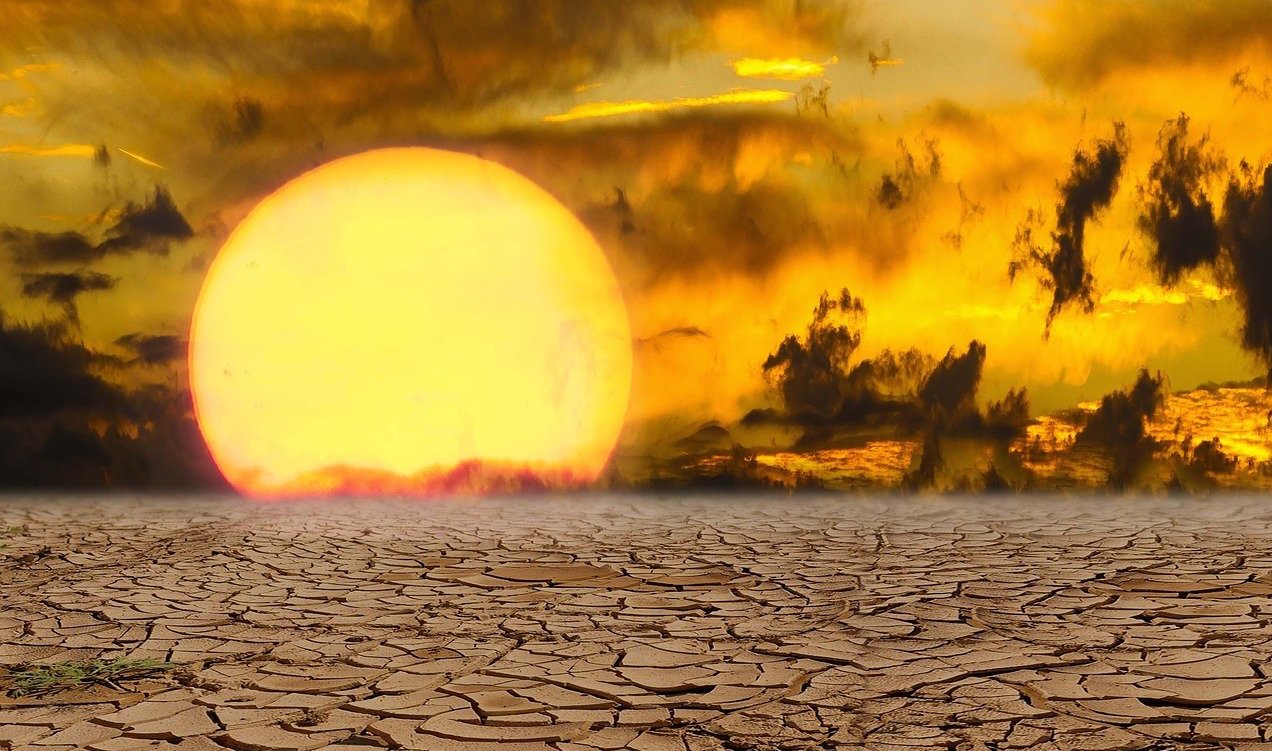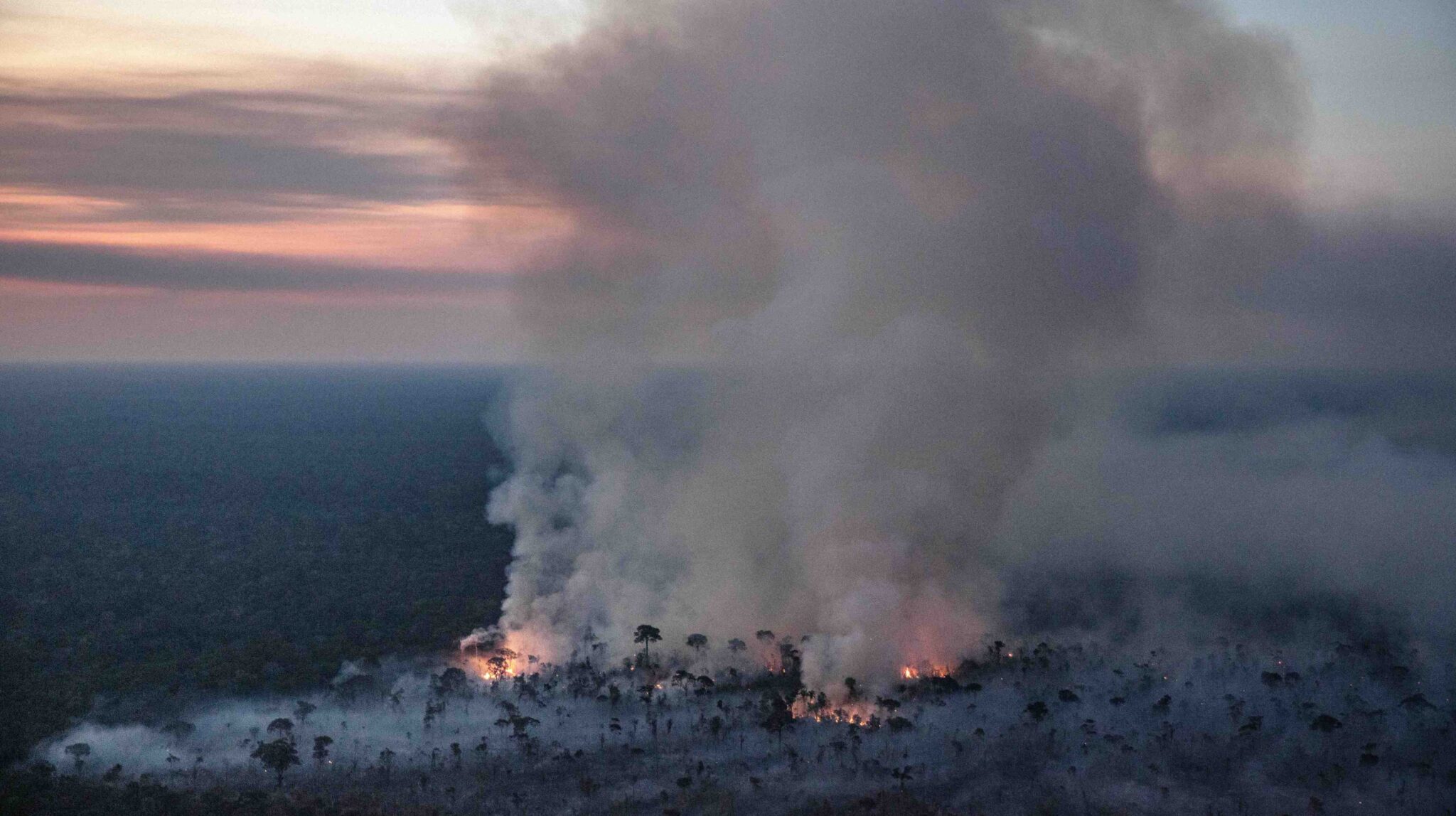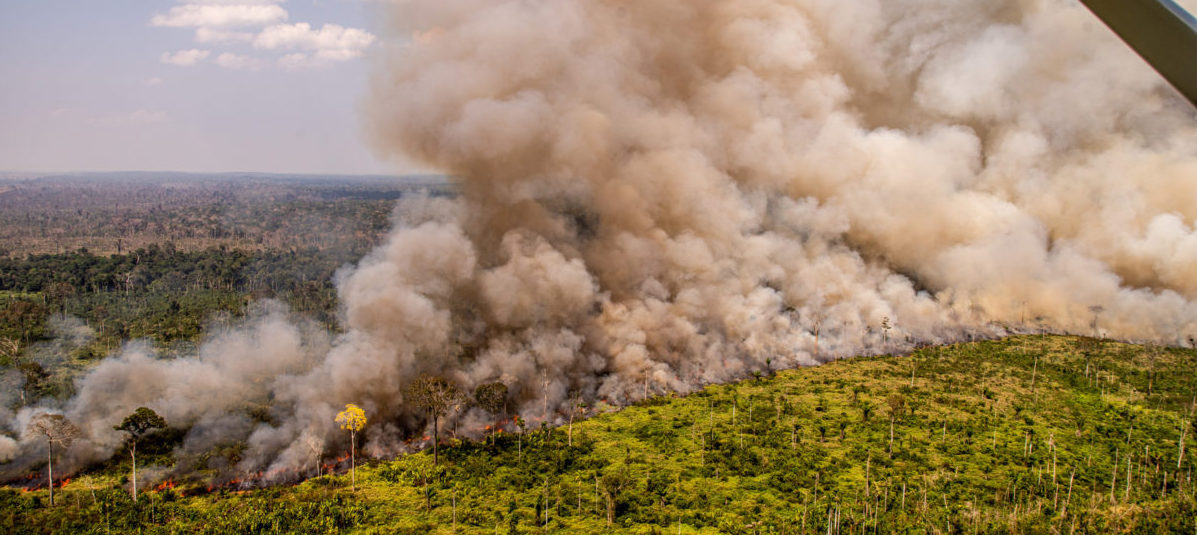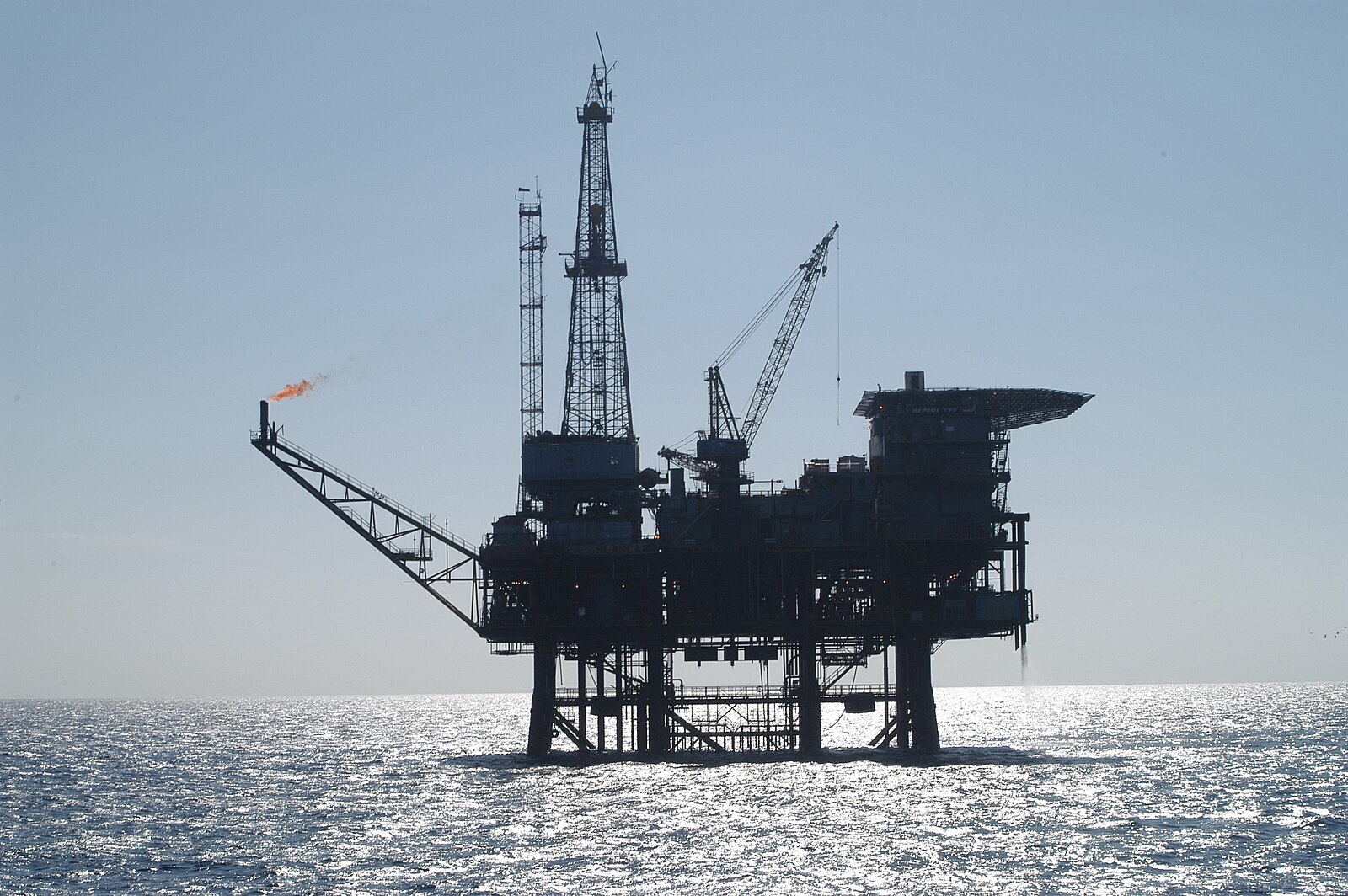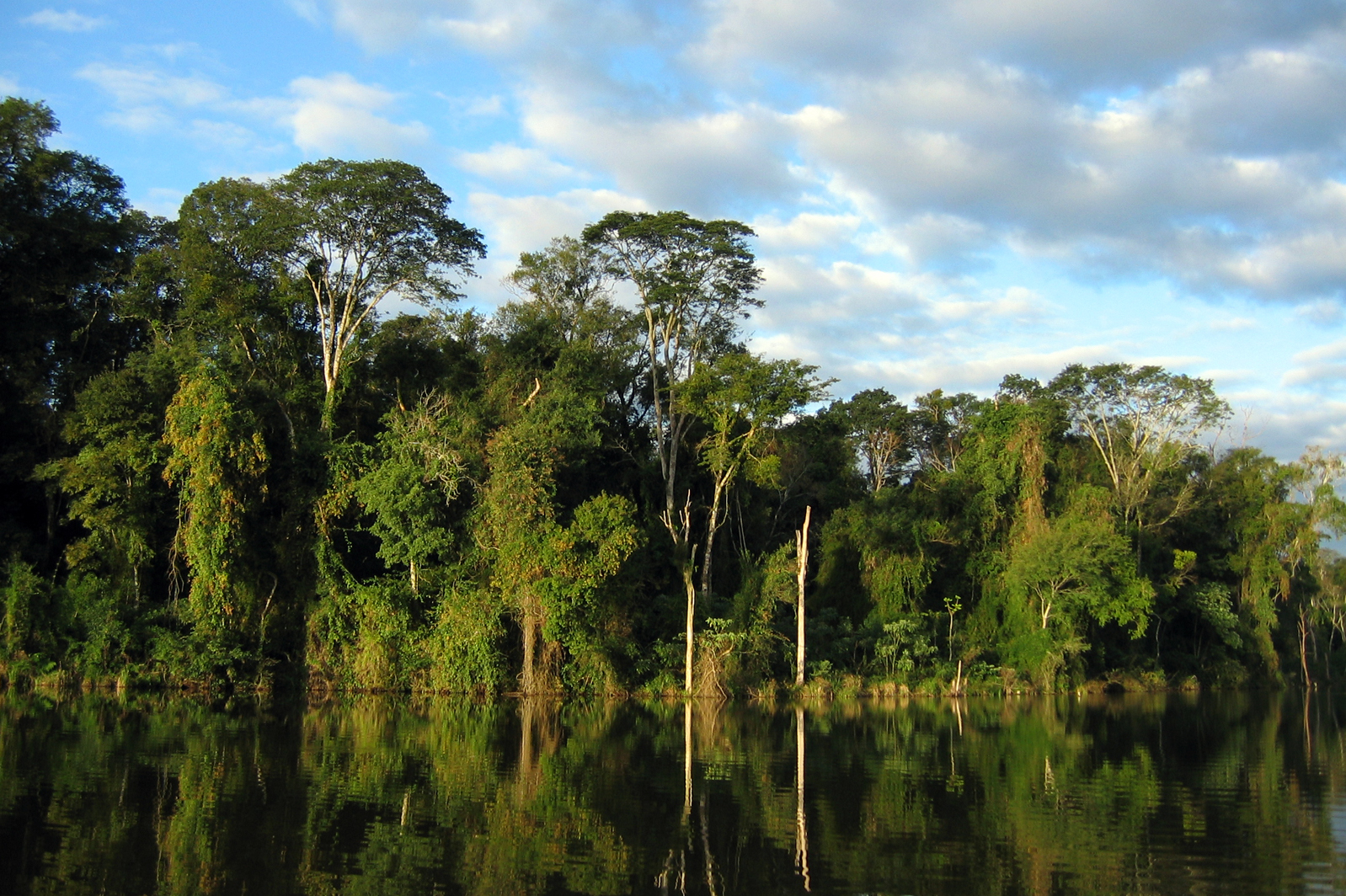
UN climate pledges miss the mark for Paris goals
The international process to tackle climate change is still alive—but the vital target of restricting warming to 1.5 degrees above pre-industrial levels under the 2015 Paris Agreement might not be. More than 100 countries submitted their national climate plans to the UN General Assembly meeting in New York. The “nationally determined contribution” policies (NDCs) are crucial for collective global progress to reduce greenhouse emissions. The fact that officials turned up with documents in hand is itself notable in a year fraught with international tension and growing climate-denialist narratives. (Donald Trump in his speech to the General Assembly dismissed climate change as “the greatest con job ever.”) But the NDCs are nothing close to sufficient to meet the 1.5°C “survival limit,” said Romain Ioualalen, policy chief at Oil Change International. “Not all countries bear equal responsibility for this collective failure,” added Ioualalen. “A handful of wealthy Western countries, led by the United States…have doubled down on oil and gas production for the past decade with no intention of changing course, mocking any notion of justice and equity in the transition.” (Photo: United Nations Photo via Flickr)



